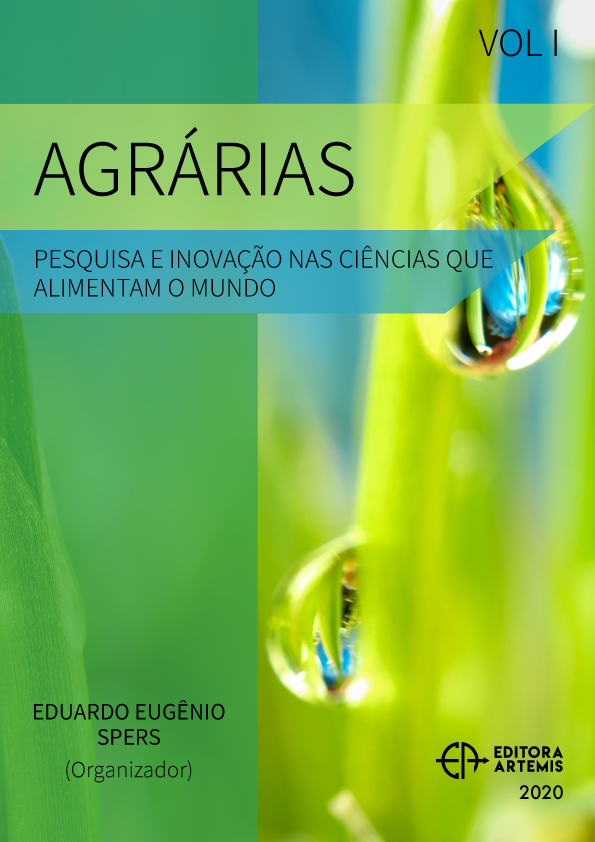
NOSSO ALIMENTO ESTÁ NA RAIZ DE NOSSOS SABERES
A utilização de plantas para diversos fins combina numerosos fatores, evidenciando a interdependência entre o homem biológico, o social e o cultural. É com base no saber sobre a natureza dentro de populações que conhecimentos são gerados, selecionados, mantidos e transmitidos, geralmente de forma oral, de geração a geração. A partir da domesticação de animais e plantas e com o desenvolvimento da agricultura, os conhecimentos acerca dos recursos da natureza foram se transformando e se perdendo. Das cerca de 50.000 espécies de plantas existentes na Terra, 3.000 mil já foram usadas para alimentação, mas apenas 30 culturas são responsáveis por prover 95% da energia fornecida pelos alimentos consumidos pelos seres humanos. Vivemos hoje um período de grandes mudanças climáticas globais e de forte pressão para aumentar drasticamente a produção de alimentos a fim de atender ao crescimento da população mundial. Apesar da riqueza de espécies vegetais nativas brasileiras, nossa agricultura está apoiada no cultivo de poucas e exóticas espécies domesticadas. A devastação dessa biodiversidade em prol do aumento da produção mundial de soja, milho e trigo vêm limitando os cultivos de variedades vegetais. As Plantas Alimentícias Não Convencionais - muitas vezes consideradas "daninhas", porém com grande importância ecológica e econômica - surgem, portanto, como uma alternativa de quebra ao ciclo vicioso da indústria alimentícia atual, da monocultura, da monotonia alimentar e da baixa carga nutricional. Dessa forma, a divulgação e popularização de conhecimentos acerca das PANC podem trazer novas alternativas de renda a pequenas e grandes propriedades, para famílias, feiras, restaurantes, e até mesmo abrindo espaço para o estabelecimento de um turismo rural e agroecológico.
NOSSO ALIMENTO ESTÁ NA RAIZ DE NOSSOS SABERES
-
DOI: 10.37572/EdArt_0643006202
-
Palavras-chave: Plantas alimentícias, Etnobotânica, Biodiversidade, Agricultura familiar, Conhecimento Tradicional.
-
Keywords: Food plants, Ethnobotany, Biodiversity, Family farming, Traditional Knowledge
-
Abstract:
The use of plants for different purposes combines numerous factors, showing the interdependence between biological, social and cultural man. It is based on knowledge about nature within populations that knowledge is generated, selected, maintained and transmitted, generally orally, from generation to generation. From the domestication of animals and plants and with the development of agriculture, knowledge about the resources of nature has been transformed or lost. Of the approximately 50,000 species of plants on Earth, 3,000,000 have already been used for food, but only 30 cultivations are responsible for providing 95% of the energy provided by food consumed by humans. We are currently experiencing a period of great global climate change and strong pressure to dramatically increase food production in order to meet the growth of the world's population. Despite the wealth of native Brazilian plant species, our agriculture is supported by the cultivation of few and exotic domesticated species. The devastation of this biodiversity in favor of increasing world production of soy, corn and wheat has been limiting the cultivation of vegetable varieties. Unconventional Food Plants - often considered "harmful", but of great ecological and economic importance - therefore appear as an alternative to breaking the vicious cycle of the current food industry, monoculture, food monotony and low nutritional value. In this way, the dissemination and popularization of knowledge about PANCs can bring new income alternatives to small and large properties, for families, fairs, restaurants, and even opening space for the establishment of rural and agroecological tourism.
-
Número de páginas: 13
- odara horta boscolo
- Maria Eduarda Rodrigues Neves
- Isabelle Machado de Souza Sarmento

